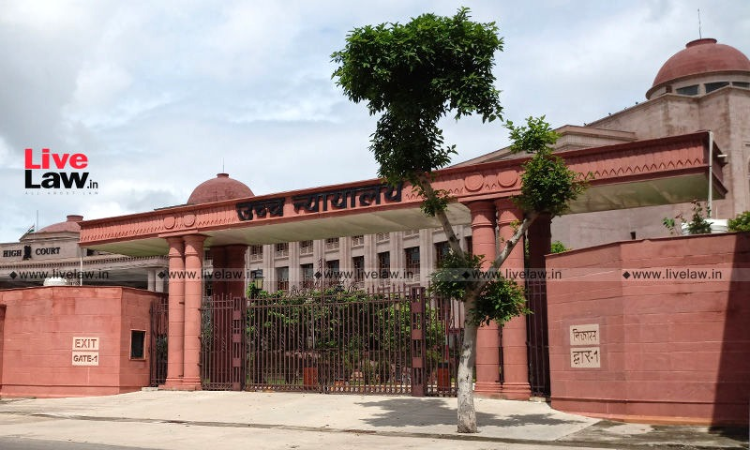"Dying Declaration Recorded By Police Officer Is Admissible": Allahabad High Court Upholds Life Sentence In Murder Case
Sparsh Upadhyay
9 Feb 2022 2:59 PM IST

Next Story
9 Feb 2022 2:59 PM IST
The Allahabad High Court recently upheld the life sentence of a convict in a murder case that dates back to the year 2002 while stressing that there is no prohibition that the police personnel should not record dying declaration and that such a dying declaration is also admissible in evidence.The Bench of Justice Ramesh Sinha and Justice Vikas Budhwar further noted there might be certain...
